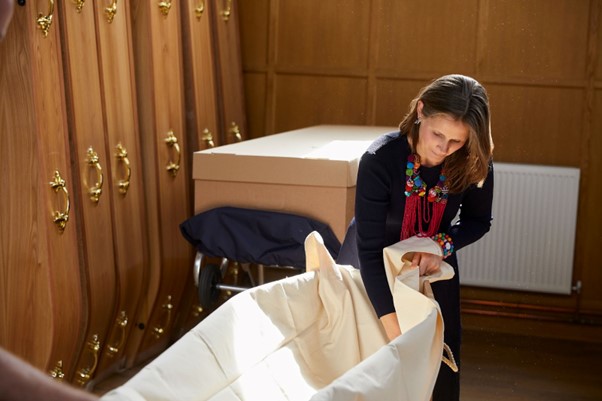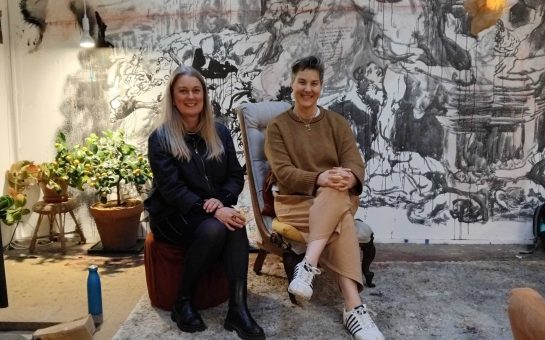Tooting-based funeral directors Poppy’s has launched a nationwide campaign to change the language we use around death and dying.
The Dead Good Words campaign argues that euphemistic words such as ‘disposal’, ‘removal’ and ‘deceased’ are dehumanising and can lead to poor care for the dead and for their grieving relatives and friends.
“Words have power. Language sets expectations and shapes attitudes. It can and should evolve,” said founder Poppy Mardall.
At the heart of the campaign is the Dead Good Words manifesto, a simple guide explaining the problems with the language we currently use around death and dying and offering better options.
Dehumanising language can facilitate the treatment of the dead as waste or objects rather than people with their own identity, according to the Tooting-based funeral directors.
It can also traumatise family and friends of the dead when they most need support.
As the manifesto highlights, phrases like ‘the deceased’ or ‘loved one’ strip away a person’s identity.
Instead, we could refer to the person by name.
‘Disposal’ is still the legal term used to describe what happens to someone’s body after they have died but could be replaced by ‘burial’ or ‘cremation’.
People are asked to nominate words or phrases that they think need updating by using the hashtag #DeadGoodWords.
The campaign has been shared online by national organisations such as Hospice UK, Winston’s Wish and The Good Grief Trust, as well as authors Dr Kathryn Mannix and Professor Lucy Easthope.
Bereaved people have also posted stories about their own experiences and what they believe needs to change when it comes to language.
Mardall added: “It feels like there is real appetite for change. We cannot offer people a funeral experience that fulfils modern expectations of outstanding care and respect for the individual if we do not start with the language we use.”
Featured image courtesy of Poppy’s





